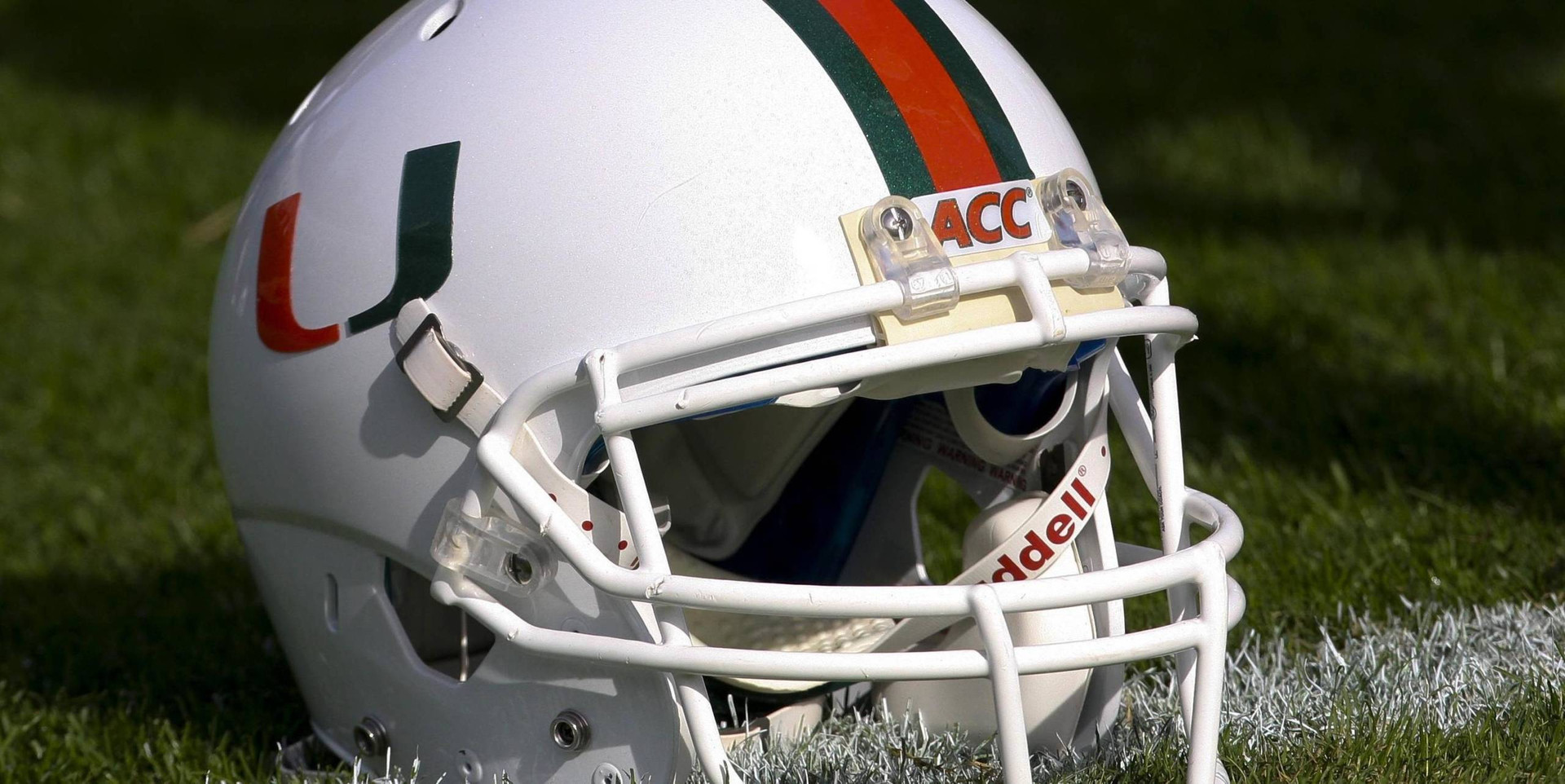
University Statement on Notice of Allegations
“The University of Miami deeply regrets and takes full responsibility for those NCAA violations that are based on fact and are corroborated by multiple individuals and/or documentation. We have already self-imposed a bowl ban for an unprecedented two-year period, forfeited the opportunity to participate in an ACC championship game, and withheld student-athletes from competition.
Over the two and a half years since the University of Miami first contacted the NCAA enforcement staff about allegations of rules violations, the NCAA interviewed dozens of witnesses, including current and former Miami employees and student-athletes, and received thousands of requested documents and emails from the University. Yet despite our efforts to aid the investigation, the NCAA acknowledged on February 18, 2013 that it violated its own policies and procedures in an attempt to validate the allegations made by a convicted felon. Many of the allegations included in the Notice of Allegations remain unsubstantiated.
Now that the Notice of Allegations has been issued, let me provide some context to the investigation itself:
- Many of the charges brought forth are based on the word of a man who made a fortune by lying. The NCAA enforcement staff acknowledged to the University that if Nevin Shapiro, a convicted con man, said something more than once, it considered the allegation “corroborated” – an argument which is both ludicrous and counter to legal practice.
- Most of the sensationalized media accounts of Shapiro’s claims are found nowhere in the Notice of Allegations. Despite their efforts over two and a half years, the NCAA enforcement staff could not find evidence of prostitution, expensive cars for players, expensive dinners paid for by boosters, player bounty payments, rampant alcohol and drug use, or the alleged hundreds of thousands of dollars in cash and gifts given to student-athletes, as reported in the media. The fabricated story played well – the facts did not.
- The NCAA enforcement staff failed, even after repeated requests, to interview many essential witnesses of great integrity who could have provided first-hand testimony, including, unbelievably, Paul Dee, who has since passed away, but who served as Miami Athletic Director during many of the years that violations were alleged to have occurred. How could a supposedly thorough and fair investigation not even include the Director of Athletics?
- Finally, we believe the NCAA was responsible for damaging leaks of unsubstantiated allegations over the course of the investigation. Let me be clear again: for any rule violation – substantiated and proven with facts – that the University, its employees, or student-athletes committed, we have been and should be held accountable. We have worked hard to improve our compliance oversight, and we have already self-imposed harsh sanctions. We deeply regret any violations, but we have suffered enough.
The University and counsel will work diligently to prepare our official response to the Notice of Allegations and submit it to the Committee on Infractions within the required 90-day time period.
We trust that the Committee on Infractions will provide the fairness and integrity missing during the investigative process.”
To read more on the investigation, visit www.miami.edu/ncaa_investigation.
Statement from ACC Commissioner John Swofford:
“We are supportive of Miami’s continued efforts to work with the NCAA on bringing resolution to this case. Miami’s cooperation throughout this process should be commended and they have self-imposed significant sanctions. They’ve been forthright and diligent in their efforts to fully cooperate with the NCAA and it’s time for this case to be brought to closure.”






